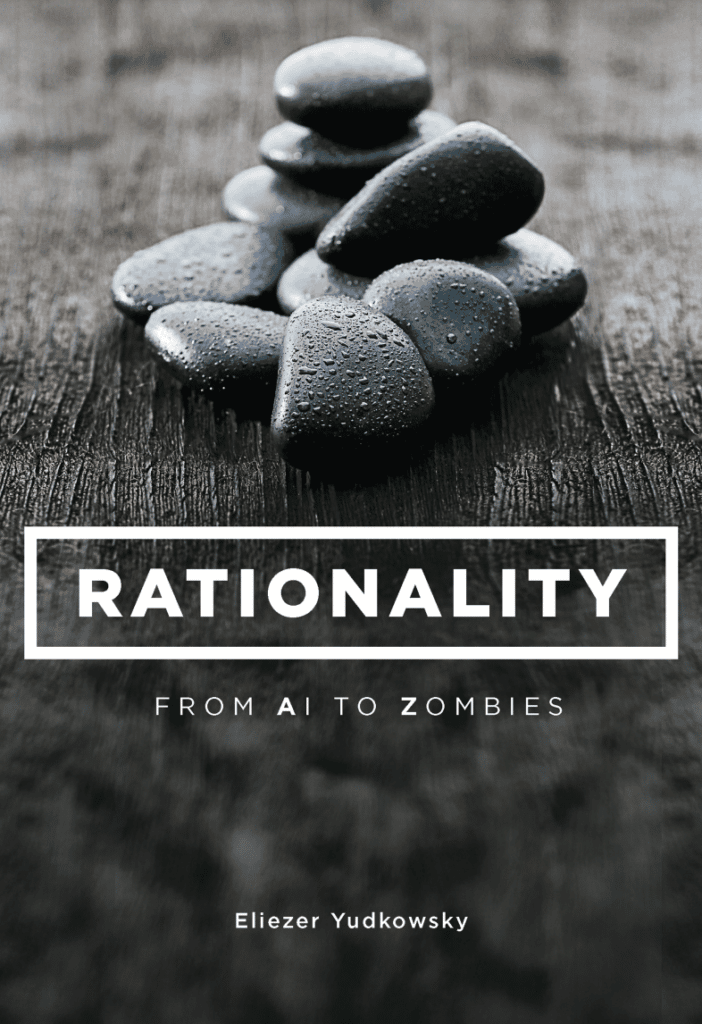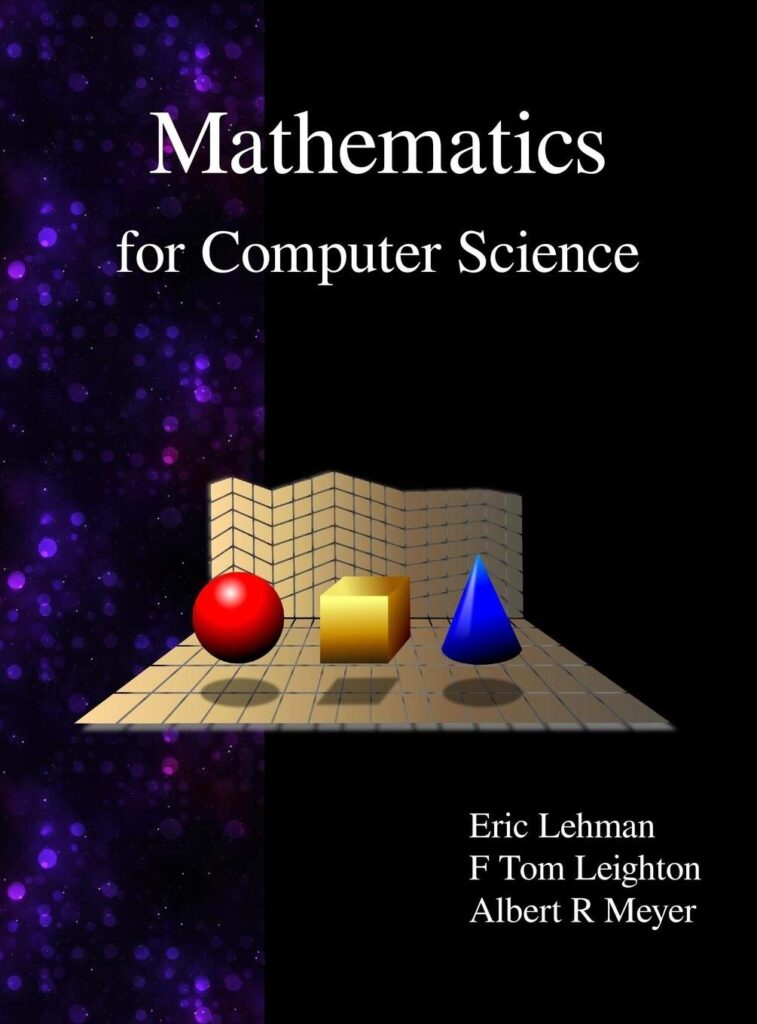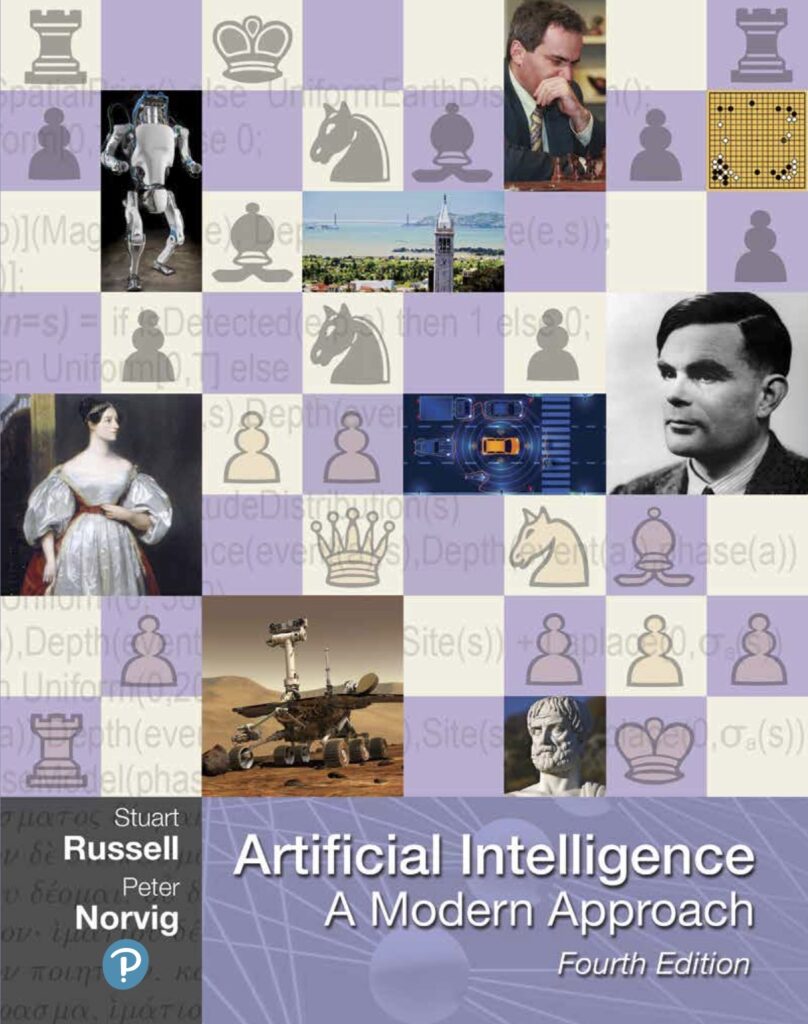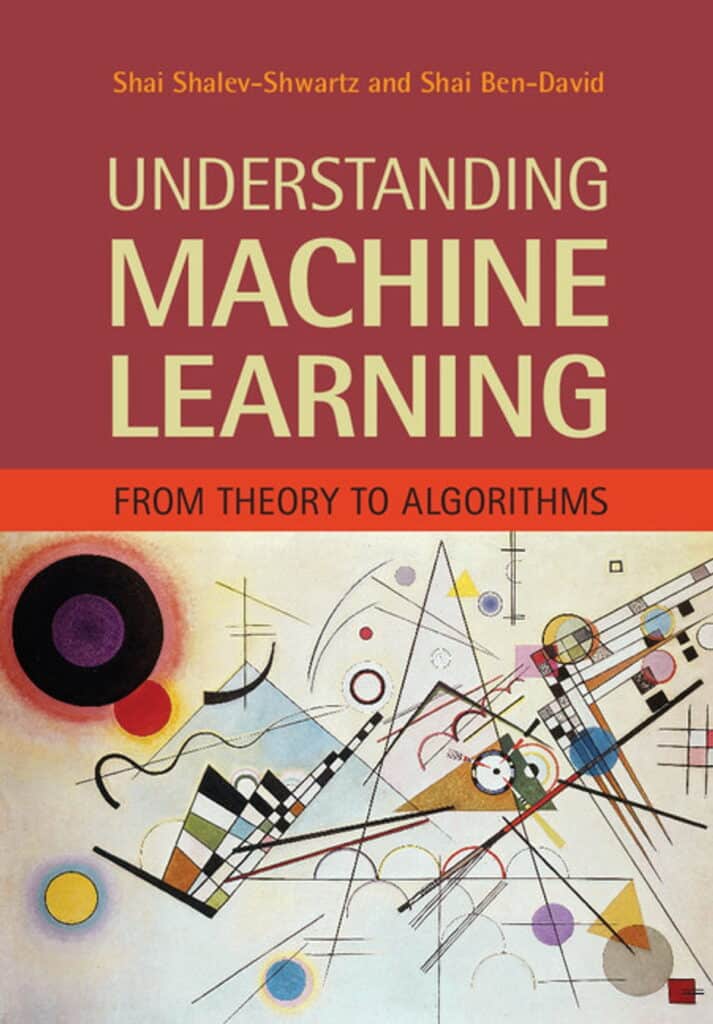Machine learning is a complex topic, and it can be daunting for beginners to know where to start. However, with the best machine learning books, anyone can learn the basics of machine learning and start using it to make predictions or recommendations. If you’re looking to start learning machine learning, reading machine learning books is the best way.
This list contains the twenty best machine-learning books for beginners and experts alike. This selection covers various topics and skill levels, from machine learning theory to practical applications. Whether you’re just starting or an experienced machine learning practitioner, these books will provide invaluable knowledge and guidance as you continue your machine learning journey.
What are the best machine learning books for beginners?
This blog post will share our top 20 best machine-learning books for beginners and experts. Whether you are just getting started or want to deepen your understanding of this exciting field, these books will help you achieve your goals. So dive in and choose the one that’s right for you!
If you enjoy this list and if you need to learn mathematics, you should check 30 Best Math Books to Learn Advanced Mathematics for Self-Learners. If you need another guide, you can also check out this guide from Ycombinator.
What does it mean to be rational? Not Hollywood-style “rational,” where you forsake all human feeling to embrace Cold, Hard Logic. Real rationality of the sort studied by psychologists, social scientists, and mathematicians. The kind of rationality where you make good decisions, even when it is hard; where you reason well, even in the face of massive uncertainty; where you recognize and make full use of your fuzzy intuitions and emotions, rather than trying to discard them.
In “Rationality: From AI to Zombies,” Eliezer Yudkowsky explains the science underlying human irrationality using fables, argumentative essays, and personal vignettes. These eye-opening accounts of how the mind works are then put to the test through some genuinely difficult puzzles: computer scientists’ debates about the future of artificial intelligence (AI), physicists’ debates about the relationship between the quantum and classical worlds, philosophers’ debates about the metaphysics of zombies and the nature of morality, and many more.
In the process, “Rationality: From AI to Zombies” delves into the human significance of correct reasoning more deeply than you will find in any conventional textbook on cognitive science or philosophy of mind.
A decision theorist and researcher at the Machine Intelligence Research Institute, Yudkowsky published earlier drafts of his writings to the websites Overcoming Bias and Less Wrong. “Rationality: From AI to Zombies” compiles six volumes of Yudkowsky’s essays into a single electronic tome. These sequences of linked essays collectively serve as a rich and lively introduction to the science—and the art—of human rationality.
Principles of Model Checking is a comprehensive introduction to the foundations of model checking, a fully automated technique for finding flaws in hardware and software, with extensive examples and both practical and theoretical exercises.
Our growing dependence on increasingly complex computer and software systems necessitates the development of formalisms, techniques, and tools for assessing the functional properties of these systems. One such technique that has emerged in the last twenty years is model checking, which systematically (and automatically) checks whether a model of a given system satisfies a desired property, such as deadlock freedom, invariants, and request-response properties. This automated technique for verification and debugging has developed into a mature and widely used approach with many applications.
Principles of Model Checking offers a comprehensive introduction to model checking that is not only a text suitable for classroom use but also a valuable reference for researchers and practitioners in the field.
Mathematics for Computer Science covers elementary discrete mathematics for computer science and engineering. It emphasizes mathematical definitions and proofs as well as applicable methods.
Topics include formal logic notation, proof methods; induction, well-ordering; sets, relations; elementary graph theory; integer congruences; asymptotic notation and growth of functions; permutations and combinations, counting principles; discrete probability.
Have you ever wondered how self-driving cars are programmed to detect obstacles and navigate roads? Or how virtual assistants like Siri and Alexa can understand our spoken commands and respond accordingly? These impressive feats are all made possible through Artificial Intelligence (AI) technology. AI has become a key aspect of our daily lives, and understanding its mechanics is increasingly important. This is where Stuart Russell’s book, “Artificial Intelligence: A Modern Approach,” comes into play.
Artificial Intelligence: A Modern Approach starts by introducing the basic concepts of AI, such as problem-solving, knowledge representation, and logical reasoning. The book then leads readers through more advanced topics, such as machine learning and deep learning. With clear explanations, examples, and carefully crafted diagrams, the book is easy to read and understand.
One of the most impressive aspects of the book is its coverage of diverse AI topics. From robotics to natural language processing, the book covers it all. Whether your interest lies in a particular aspect of AI technology or you’re looking for a broad overview, this book is a must-read.
The fourth edition, released in 2020, is especially impressive. It contains updated information on current trends in AI innovation, including the ethical considerations that must be kept in mind when developing AI. Stuart Russell is an expert in the field of AI and is highly respected in academia and industry circles. His book is praised for its clarity of thought, and the ability to break down complex concepts into easy-to-understand language.
Artificial Intelligence: A Modern Approach is not just for academics or computer science experts; it’s also accessible for aspiring AI developers with a basic understanding of computer science. The book is designed to provide readers with the skills and concepts necessary to go beyond just understanding AI technology, but to create new AI systems that can inspire disruptive innovations.
As AI technology continues to shape our world, the need for expert analysis and guidance becomes increasingly vital. Stuart Russell’s “Artificial Intelligence: A Modern Approach” provides clear and informed insights into AI technology and its role in shaping our future. The book’s comprehensiveness and comprehensive coverage of diverse topics make it an essential resource for anyone interested in AI and its far-reaching implications. Whether you’re a seasoned expert or a novice, you’ll benefit from reading this book. Order your copy of “Artificial Intelligence: A Modern Approach” today and discover the world of AI!
Machine learning is one of the fastest-growing areas of computer science, with far-reaching applications. This textbook aims to introduce machine learning and the algorithmic paradigms it offers in a principled way. The book provides an extensive theoretical account of the fundamental ideas underlying machine learning and the mathematical derivations that transform these principles into practical algorithms.
Following a presentation of the basics of the field, the book covers a wide array of central topics that previous textbooks have not addressed. These include a discussion of the computational complexity of learning and the concepts of convexity and stability; important algorithmic paradigms, including stochastic gradient descent, neural networks, and structured output learning; and emerging theoretical concepts such as the PAC-Bayes approach and compression-based bounds.
Designed for an advanced undergraduate or beginning graduate course, the text makes the fundamentals and algorithms of machine learning accessible to students and non-expert readers in statistics, computer science, mathematics, and engineering.
















